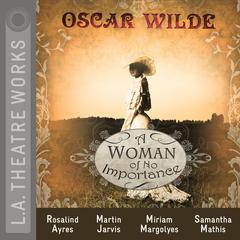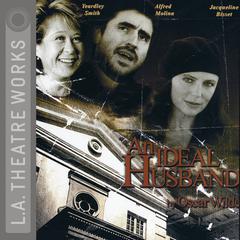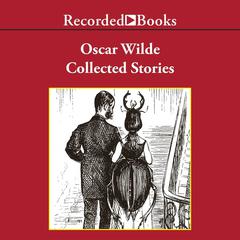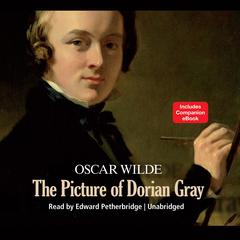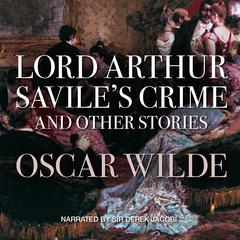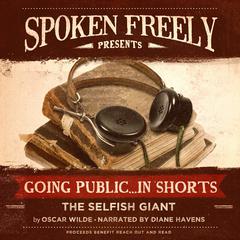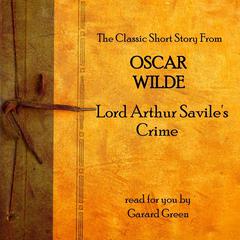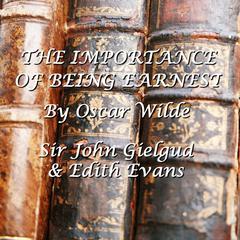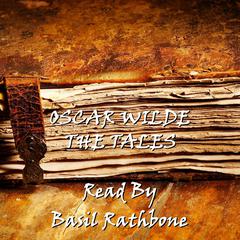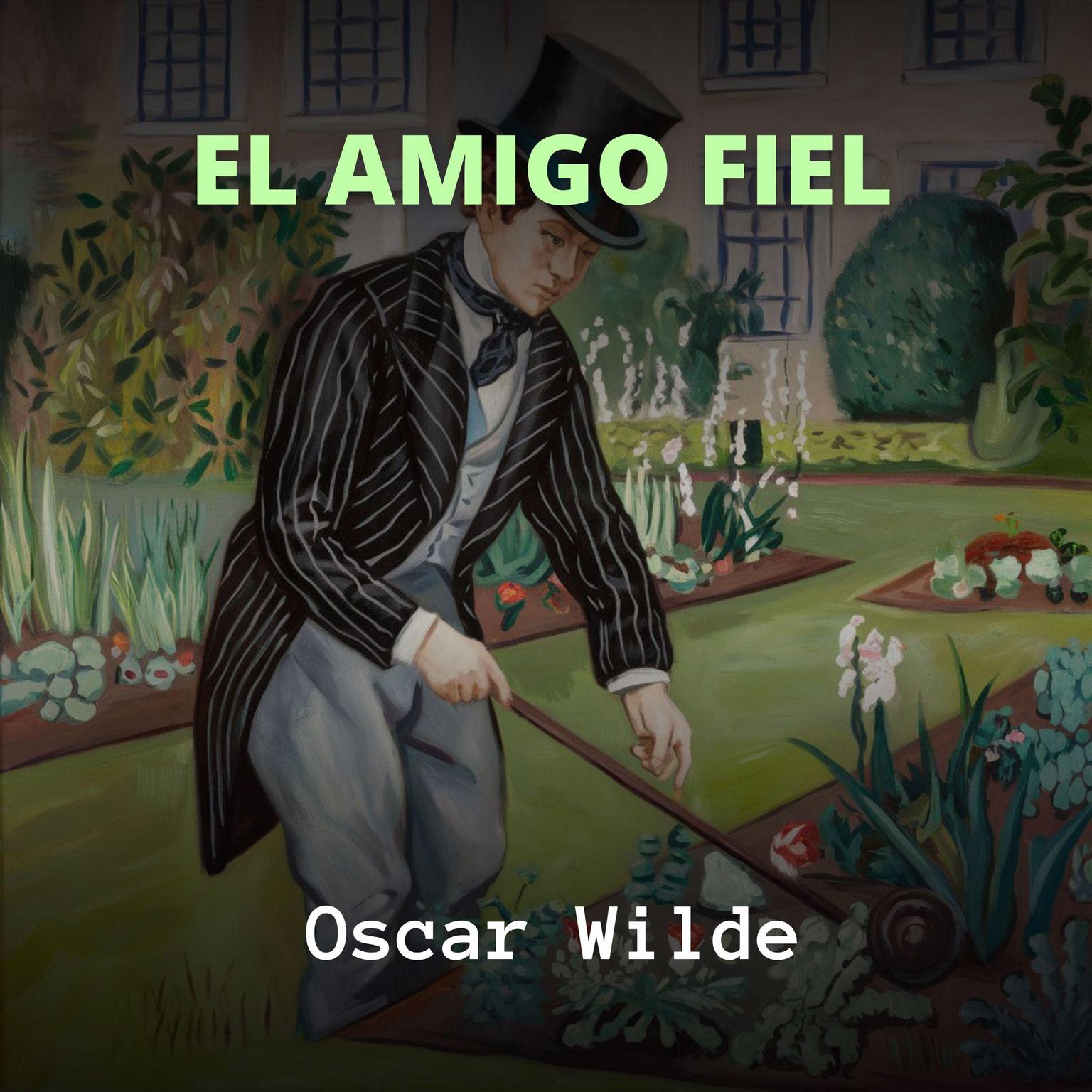 Play Audiobook Sample
Play Audiobook Sample
El Amigo Fiel Audiobook
 Play Audiobook Sample
Play Audiobook Sample
Quick Stats About this Audiobook
Total Audiobook Chapters:
Longest Chapter Length:
Shortest Chapter Length:
Average Chapter Length:
Audiobooks by this Author:
Publisher Description
Una fábula mordaz sobre la amistad y la hipocresía.
En "El Amigo Fiel", Oscar Wilde nos presenta una fábula que, bajo una apariencia sencilla, esconde una profunda crítica social. A través de la historia de Hans, un humilde jardinero, y el molinero, su supuesto mejor amigo, Wilde explora los conceptos de amistad, lealtad y la hipocresía que a menudo se esconde detrás de las buenas intenciones.
¿Por qué leerlo?
Una sátira sutil: Wilde utiliza el humor y la ironía para denunciar las desigualdades sociales y la falsa amistad.
Un cuento atemporal: A pesar de ser una obra del siglo XIX, sus temas siguen siendo relevantes en la actualidad.
Un estilo elegante: La prosa de Wilde es exquisita y llena de matices.
En pocas palabras: "El Amigo Fiel" es un cuento que te hará reflexionar sobre la naturaleza de las relaciones humanas y la importancia de la verdadera amistad.
Download and start listening now!
El Amigo Fiel Listener Reviews
Be the first to write a review about this audiobook!
About Oscar Wilde
Geoffrey Giuliano is the author of over twenty internationally bestselling biographies, including the London Sunday Times bestseller Blackbird: The Life and Times of Paul McCartney and Dark Horse: The Private Life of George Harrison. In addition, he can be heard on the Westwood One Radio Network and has written and produced over sixty original spoken-word albums and video documentaries on various aspects of popular culture.





